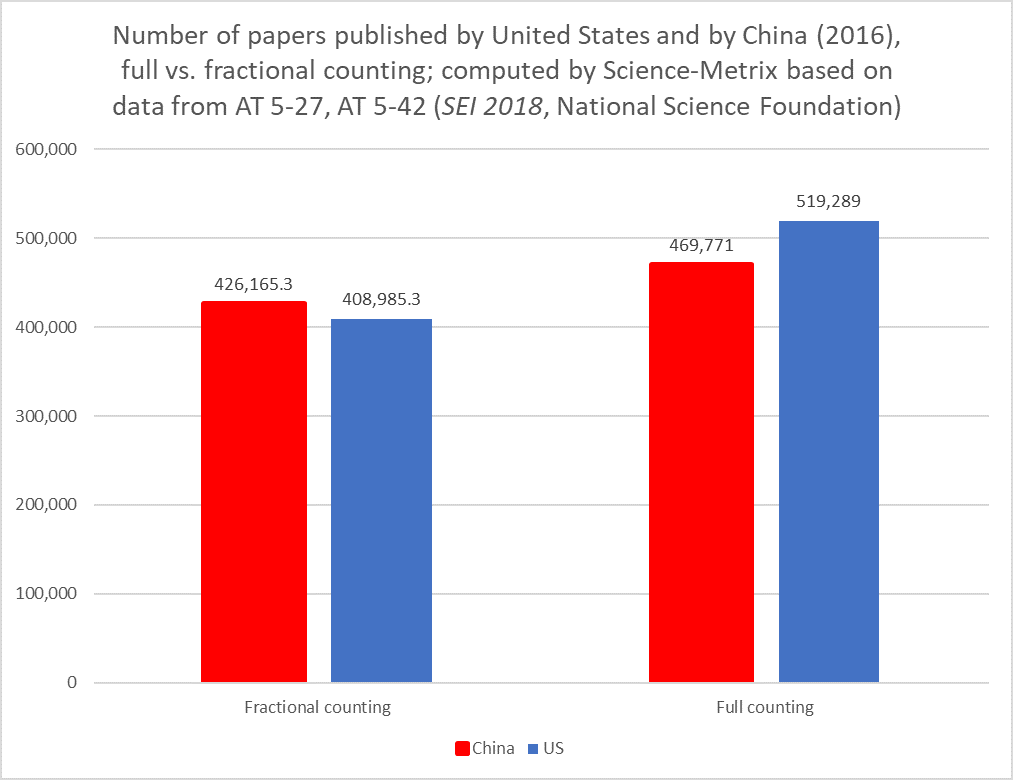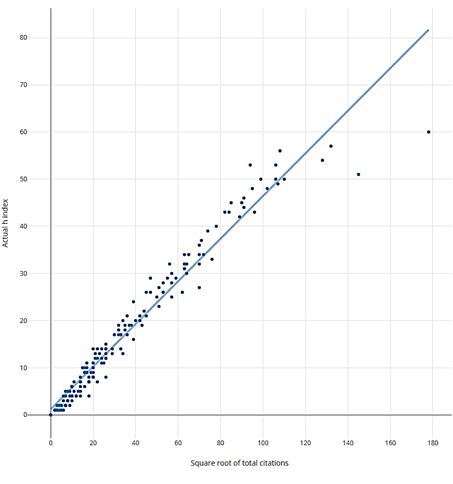What Are the Ten Most Cited Sources on Wikipedia? Let's Ask the Data.
Understanding the provenance of information used by Wikipedians, also allows us to lift a veil on its gaps - the types of sources, languages, and perspectives - that are not represented, which in turn can inform community efforts to improve coverage in underserved content areas.







